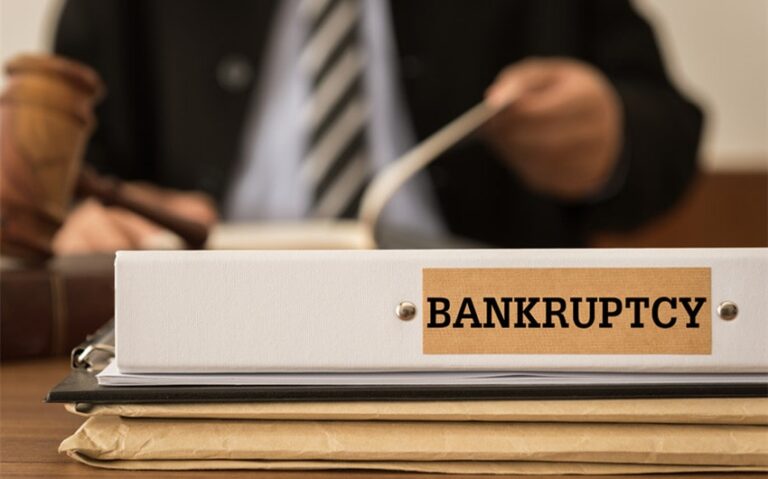How Does Expungement Work in Criminal Law?
Everyone makes bad decisions in life. For some people, those decisions have lasting consequences. If you’re interested in moving past those bad decisions, taking accountability for your actions, and ultimately creating a better life for your future self, you might benefit from criminal record expungement. But what exactly is it? And how do you obtain it?
What Expungement Actually Does
As one lawyer at SBBL Law explains, “Expungement isn’t just about erasing a record. It’s about navigating a detailed legal framework to make sure nothing from the past continues to unfairly shape a person’s future.” That insight reflects the real purpose of expungement: reducing barriers that linger long after the justice system has moved on.
In many states, expungement seals the record from public view, preventing employers, landlords, or background check agencies from accessing it. Law enforcement or courts may still have internal access, but the goal is to give individuals a fresh start in situations where a public criminal record would create an unfair disadvantage.
Some states offer true destruction of records, meaning the court and police erase all traces of the case. Others use the term “record sealing” instead of expungement, but the practical effect is similar: the record is no longer available during standard background checks.
Because each jurisdiction uses slightly different terminology, part of understanding expungement is knowing what type of relief your state offers and what outcome you can expect once the process is complete.
Who Is Eligible for Expungement?
Eligibility depends on multiple factors, including the type of offense, the outcome of the case, the individual’s criminal history, and the amount of time that has passed. In many states, the following situations may qualify:
- Arrests that did not lead to charges
- Charges that were dismissed
- Acquittals
- Certain misdemeanor convictions
- Some non-violent felony convictions, after a waiting period
However, crimes involving violence, serious felonies, and offenses related to public safety are often excluded. States also typically require that all court fees, fines, and restitution be paid before someone becomes eligible.
A significant portion of expungement work involves reviewing eligibility closely. Many people mistakenly assume their case cannot be expunged when in reality it qualifies, while others may believe the process will apply broadly when their specific offense is restricted. Understanding the carveouts and timelines is essential to avoid surprises.
The Waiting Period and Why It Matters
Most states require individuals to wait a certain number of years before filing for expungement. This period can range from a few months to several years, depending on the offense. It gives courts confidence that the individual has remained in good standing and is committed to rebuilding their life.
During this time, the individual must avoid new charges or violations that could jeopardize eligibility. This is one reason many people consult attorneys early in the process — not to file immediately, but to understand when to start preparing documentation so that the filing moves smoothly once the waiting period ends.
How the Expungement Process Works
Although every state has different requirements, the general steps usually include:
- Identifying the records to be expunged.
- Obtaining certified copies of court documents.
- Completing an expungement petition.
- Submitting the petition to the appropriate court.
- Notifying prosecutors or law enforcement agencies.
- Attending a hearing if required.
Courts review the petition to determine whether the individual meets all statutory requirements. If the judge approves the request, they issue an order directing agencies to seal or remove the records.
Some states require a hearing only for certain offenses or when prosecutors object to the petition. Others grant petitions administratively when all conditions are clearly met. Understanding the procedural nuances can significantly speed up the process and reduce the risk of delays or rejections.
Why Legal Representation Matters
While expungement may sound straightforward, the legal steps are rarely simple. Missing a document, failing to notify the right agency, or misunderstanding eligibility requirements can lead to delays or outright denials. And because the law varies by jurisdiction, a knowledgeable attorney can identify the best pathway, handle the paperwork, and represent the individual if a hearing becomes necessary.
For many people seeking expungement, the guidance of a lawyer ensures they take full advantage of the relief available to them. It also helps them avoid common pitfalls — like filing too early or overlooking a separate record tied to the case.
The Path Forward for a Second Chance
Expungement offers people a meaningful chance to rebuild their lives, but the process requires careful attention to detail and a clear understanding of the law. By recognizing eligibility requirements, following the correct procedures, and seeking support when needed, individuals can close the chapter on a past record and move forward with greater freedom and opportunity.
For those determined to make a fresh start, expungement is more than a routine legal process; it’s a powerful step toward reclaiming their future.







